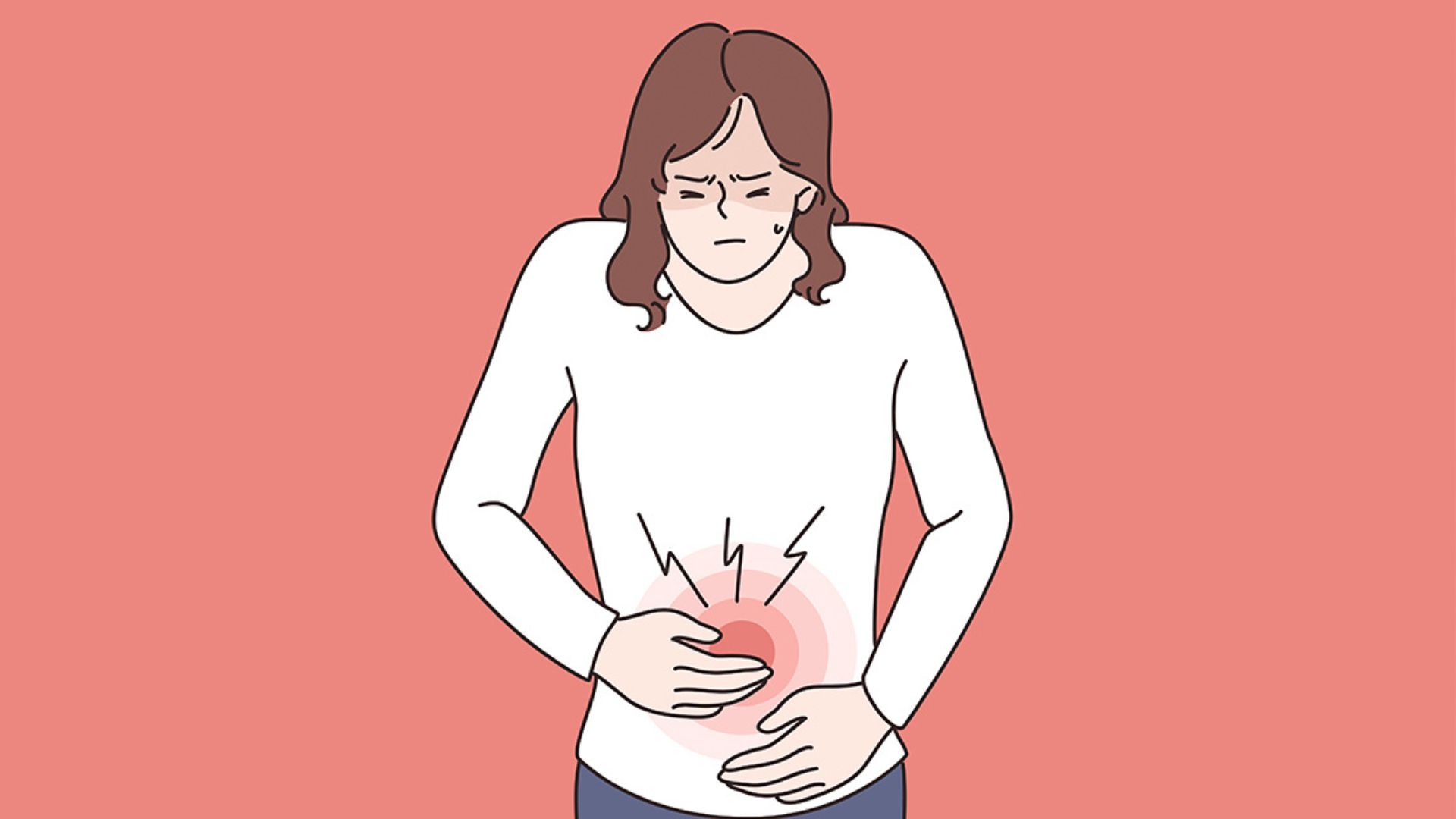Pollution refers to the contamination of the earth’s environment with materials that interfere with human health and their quality of life. Air pollution is responsible for many health problems, especially in urban areas. Several studies in developed countries have reported the effect of particulate matter on human health as the most important impact of air pollution. Children are more susceptible to air pollution for various reasons.
A large portion of a child’s lungs grow after birth. 80% of tiny air sacs called the alveoli develop after birth. These alveoli are involved in the transfer of oxygen to the blood. The body’s defence mechanism is also not fully mature in children besides the children stay outdoors for a longer time as compared to adults. Consequently, they inhale the more polluted air. The PM10, which includes particles with a diameter of 10 microns or less, is generally used to measure air quality. These particles are likely to be responsible for adverse health effects because of their ability to reach the lower regions of the respiratory tract. As these particles can penetrate into the alveoli of the lungs, they are capable of causing serious damage to the developing lungs of children. With pollution, there is an increased prevalence of both upper and lower respiratory tract symptoms such as dry cough, wheeze or breathlessness. Recurrent lung infections can reduce lung functions. Hence in the long run there is an increased prevalence of obstructive and restrictive type lung function defects. According to WHO, there is a high prevalence of asthma in childhood and a rising prevalence of cystic fibrosis. According to a Stanford led study, children exposed to air pollution are at higher risk of heart disease and other ailments in adulthood. Also, some non-respiratory effects have been observed such as chronic headache, eye and skin irritation.
Air pollution allows ultraviolet rays to penetrate the earth’s atmosphere and causes a rise in temperature and climatic changes which predispose to skin diseases. Exposure to air pollution has also been shown to cause alteration in the immune system in children. There is some research to confirm that bad air can alter gene regulation that may impact long term health. The studies have also confirmed an increased risk of vitamin D deficiency and increased risk of birth defects if mothers are exposed to harmful effects of air pollution. The developing organ systems of the fetus can be more vulnerable to environmental toxins during critical periods owing to a higher rate of cell proliferation or changing metabolic capabilities. Prenatal exposure to environmental pollution can thus result in some adverse pregnancy outcomes.
Some studies in the last two decades have stressed the adverse effects of air pollutants on selected cognitive and psychomotor functions like impaired working memory, attention and fine motor functions.
The effects of pollution in early life have an impact on the physical and mental development of children which can cause health implications across their life span.
As pollution affects children’s health in the early years, there is a significant impact on early learning, focus and memory. This results in an increased incidence of school absenteeism, poor scholastic performance, and eventually affect social and economic growth.
The writer is a senior consultant, paediatrics, Madhukar Rainbow Children’s Hospital, Delhi.













